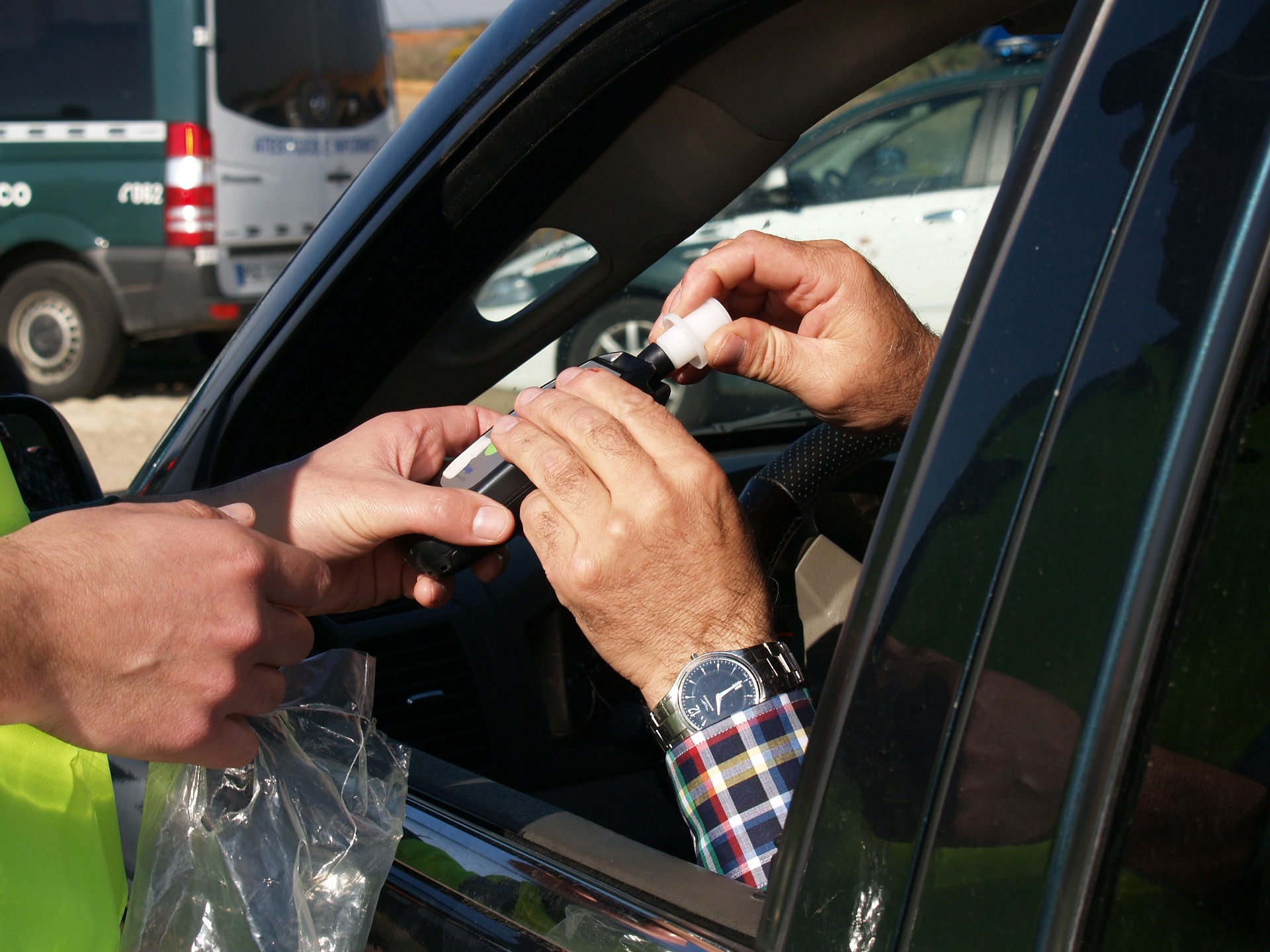A person’s refusal to take a breathalyzer test can longer be used as evidence against that person in criminal court cases, the Supreme Court of Georgia has ruled.
In the ruling, the Georgia justices compared taking a breathalyzer test to making self-incriminating statements, something the Constitution protects against.
If police pull someone over for suspicion of drunk driving, they may ask him or her to breathe into a breathalyzer that measures blood alcohol content. That’s always been a voluntary test. But if police arrest someone for driving under the influence (DUI), they could compel that person to do the breathalyzer test.
With the new ruling, people can refuse the test both before and after arrest, and that can’t be held against them.
“If a client has taken a breath test and was compelled to do so, and I can get it excluded because of this ruling, then by all means that makes it easier to defend,” said Bob Chestney, a DUI attorney.









